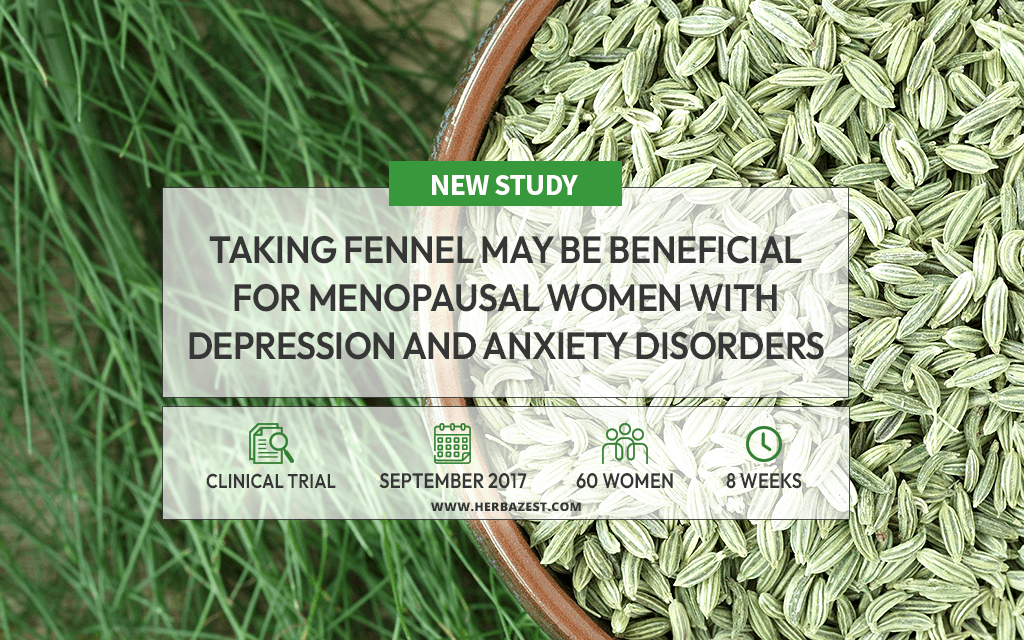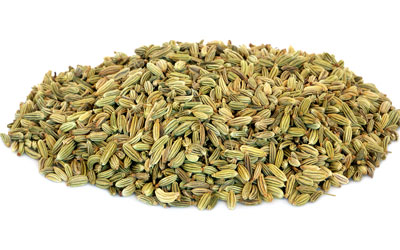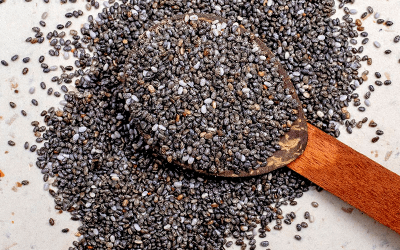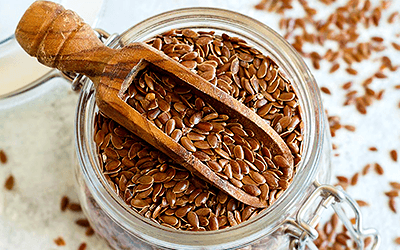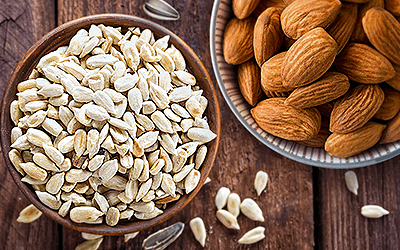Many women going through the menopausal transition find themselves navigating unexpected emotional shifts, including heightened anxiety and low moods that can disrupt daily life.1 While hormone therapy and lifestyle adjustments remain common approaches, interest in natural alternatives continues to grow. Fennel, a familiar presence in many kitchens, also holds a respected place in traditional medicine. Today, this aromatic herb is being revisited for its potential to support emotional well-being during menopause. Emerging research is beginning to shed light on its possible benefits.
The Study
To explore fennel's potential for reducing depression and anxiety, researchers conducted a double-blind, randomized, placebo-controlled trial, the gold standard in clinical research. Sixty postmenopausal women were selected and randomly assigned to receive either fennel or a placebo. Over the course of the trial, participants were assessed for anxiety and depression using two standard tools, which helped track subtle shifts in mood and mental well-being.
The Results
At first glance, the results seemed underwhelming. When looking at the entire group, the difference in anxiety and depression scores between those who took fennel and those who didn't was not statistically significant.
But a closer look revealed something more compelling. Among the women who already had a diagnosis of anxiety or depression, fennel appeared to have a more noticeable effect. Their scores improved enough to be considered borderline or statistically significant, hinting at fennel's potential role as a supportive tool for those with more pronounced symptoms.
What Does this Mean?
The takeaway of this clinical trial is not that fennel is a cure-all, but that it may offer a gentle, plant-based nudge toward emotional balance, especially for postmenopausal women already navigating anxiety or depression. These findings open the door for future research, particularly with larger and more diverse sample sizes. For now, women looking for natural options might consider incorporating fennel, perhaps as a tea or supplement, into their self-care routines, ideally under the guidance of a healthcare professional.
This study also highlights the nuanced nature of herbal medicine: what doesn't work across the board may still offer real benefits to specific individuals. Fennel may be one part of a broader toolkit for emotional well-being, joining the ranks of other mood-supportive plant foods like lavender, lemon balm, passion flower, and saffron.
Sources
- Journal of Obstetrics and Gynaecology, Effect of Foeniculum vulgare (fennel) on symptoms of depression and anxiety in postmenopausal women: a double-blind randomised controlled trial, 2017
Footnotes:
- Frontiers. (2024). A study on anxiety and depression symptoms among menopausal women: a web based cross sectional survey. Retrieved March 28, 2025, from https://www.frontiersin.org/journals/public-health/articles/10.3389/fpubh.2024.1467731/full.
